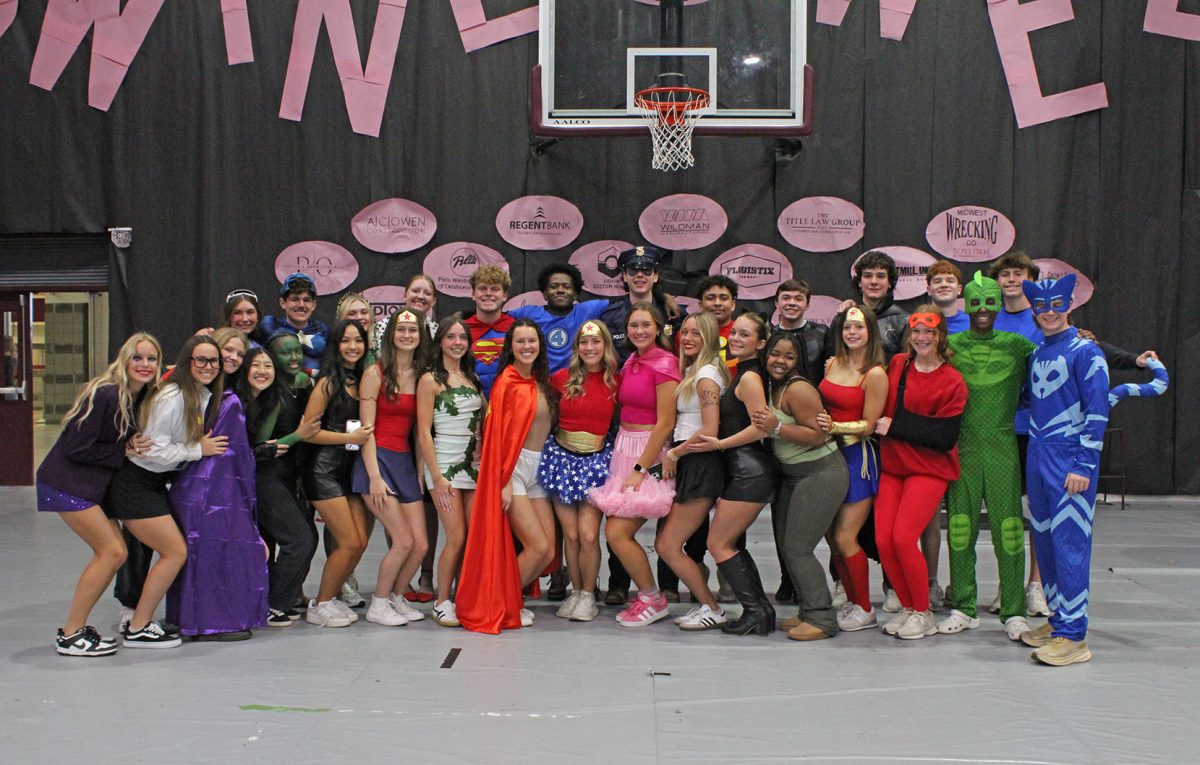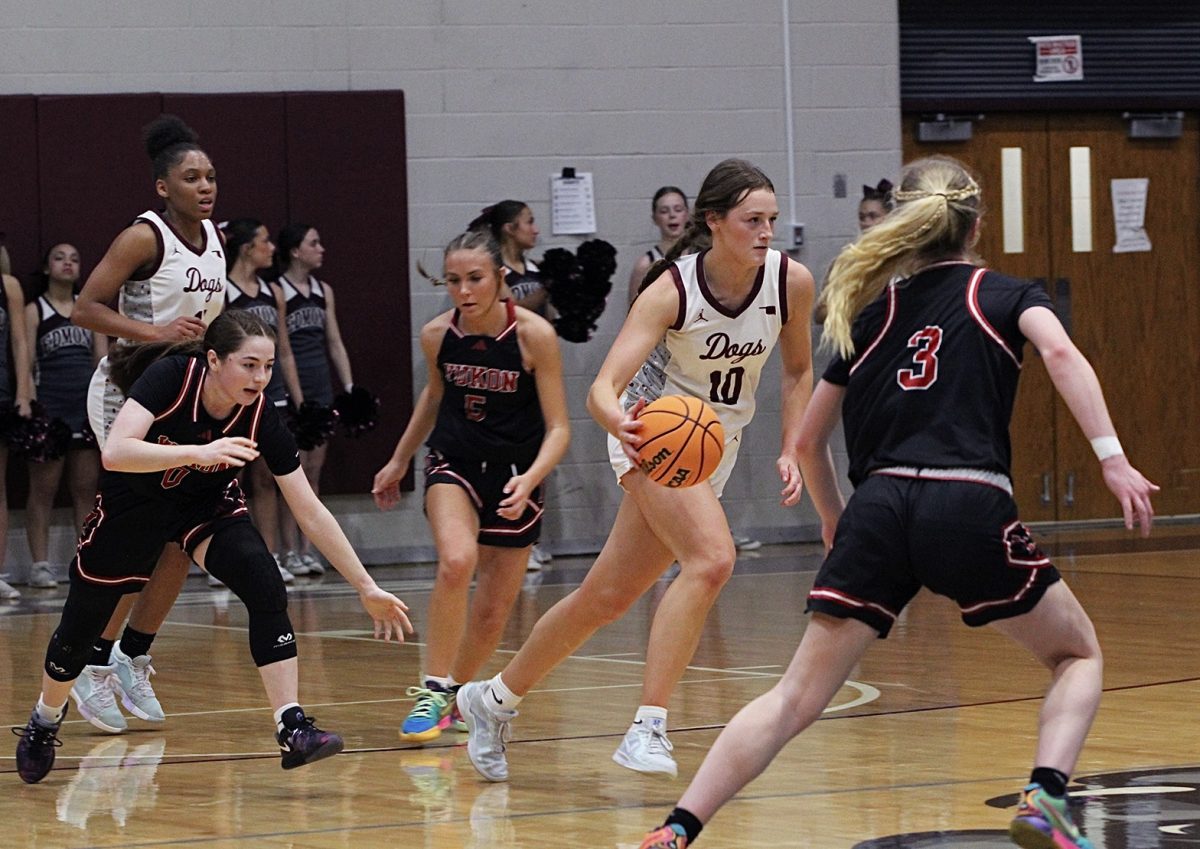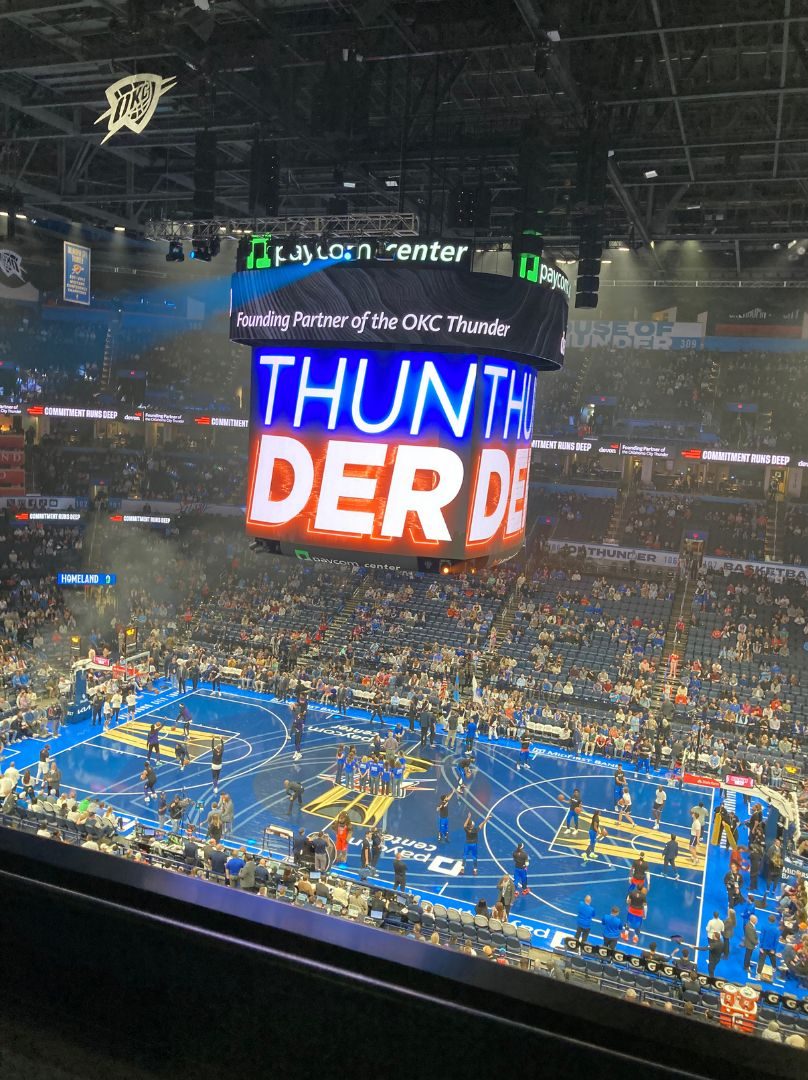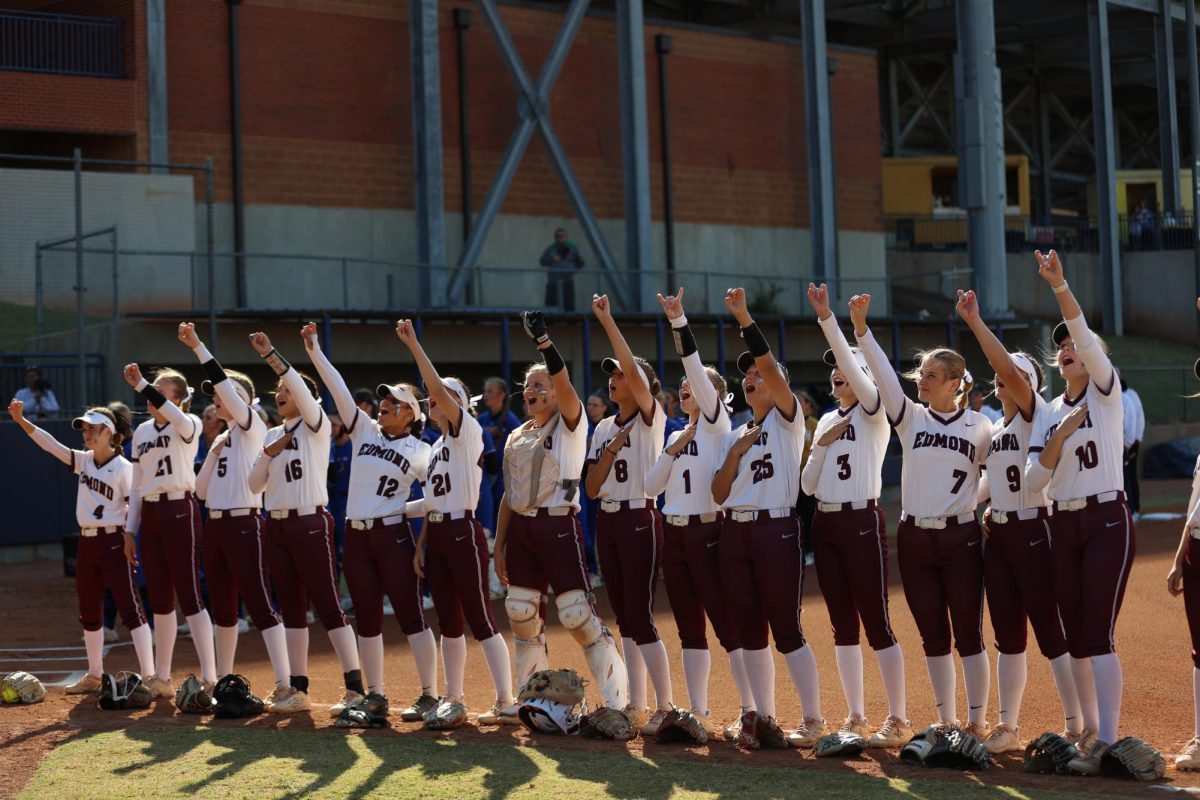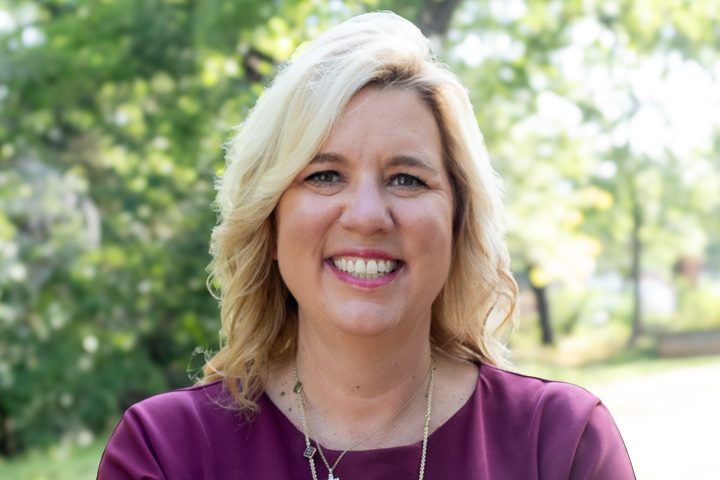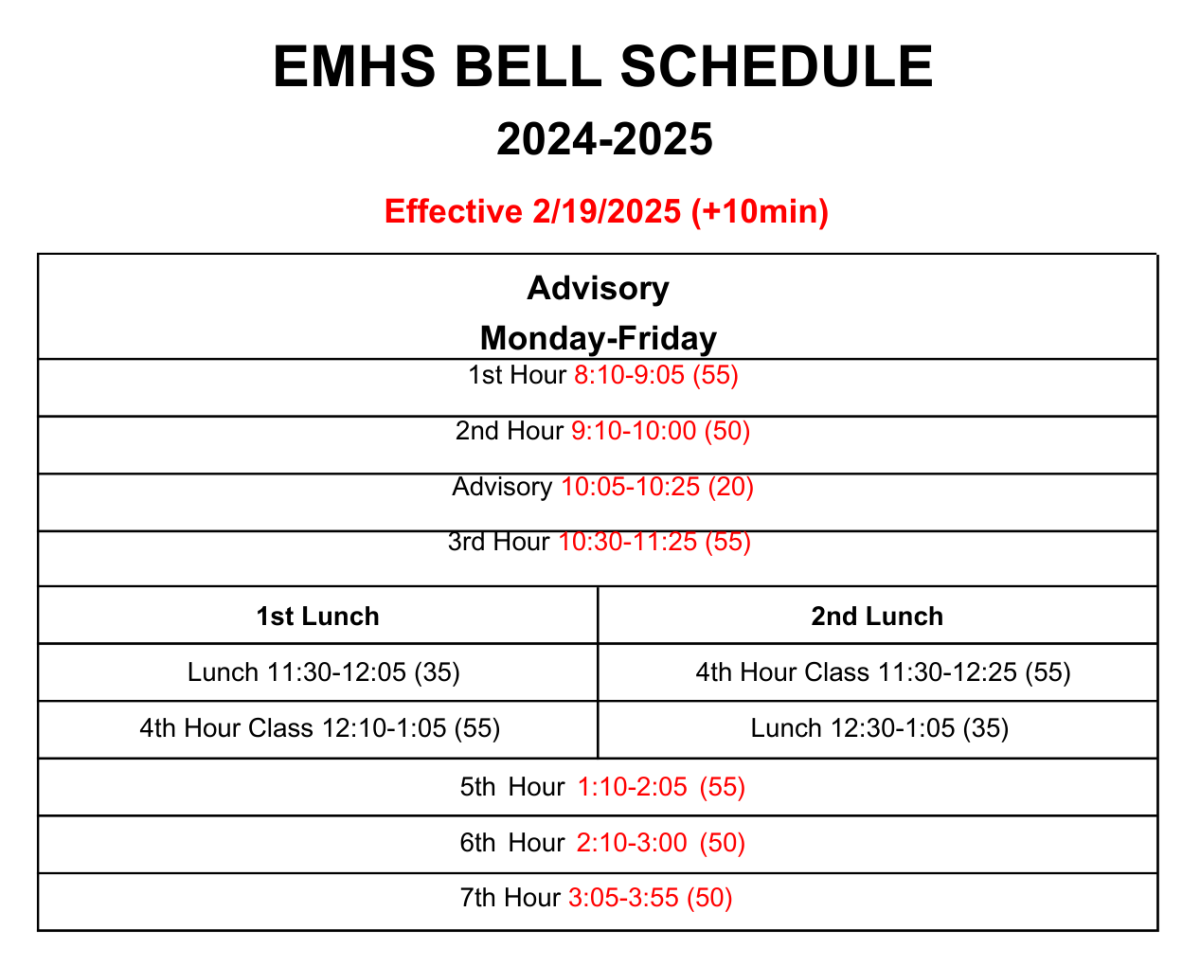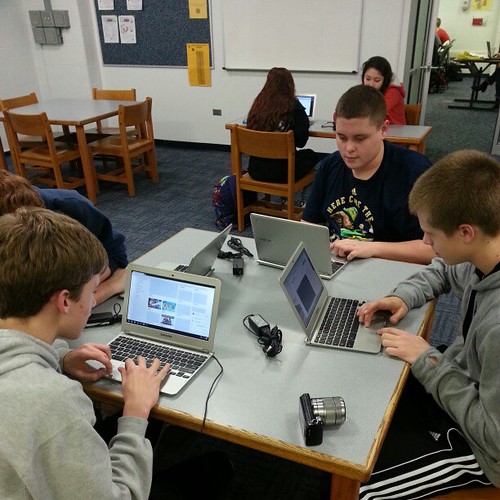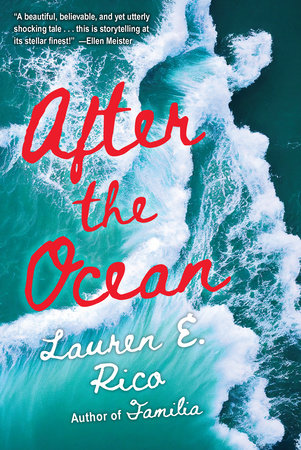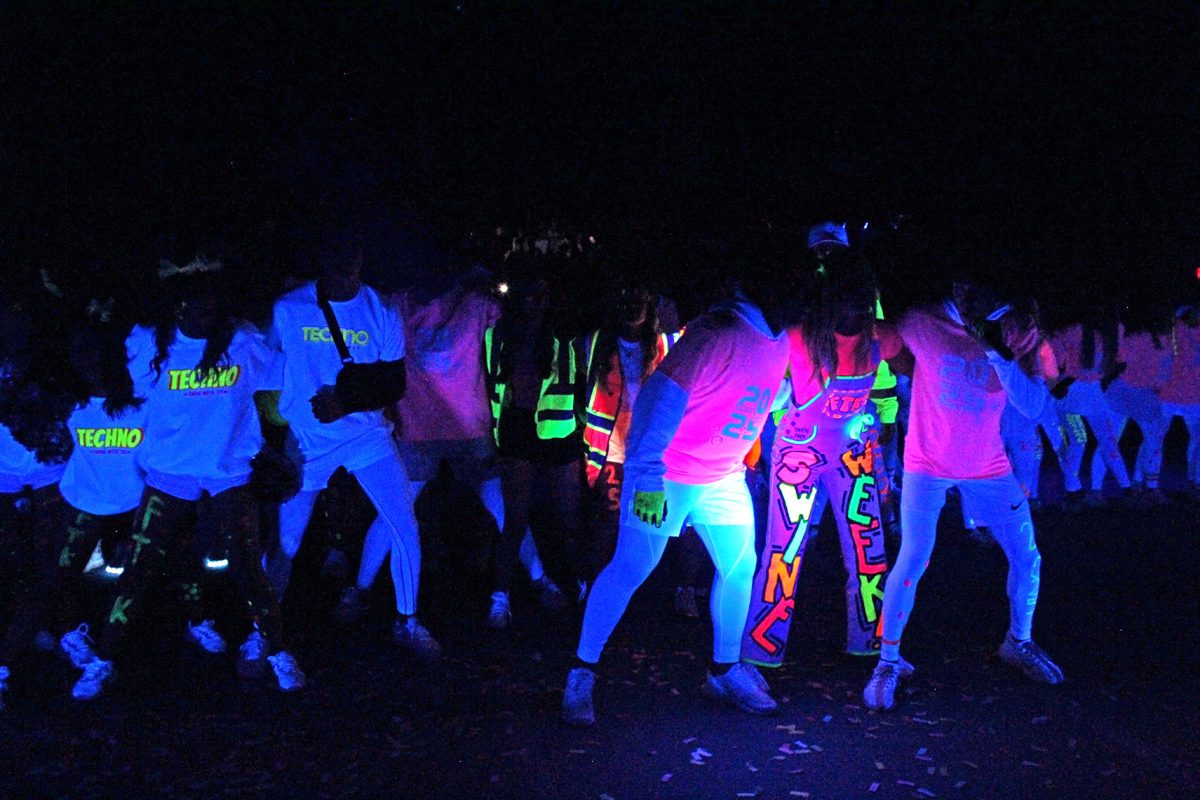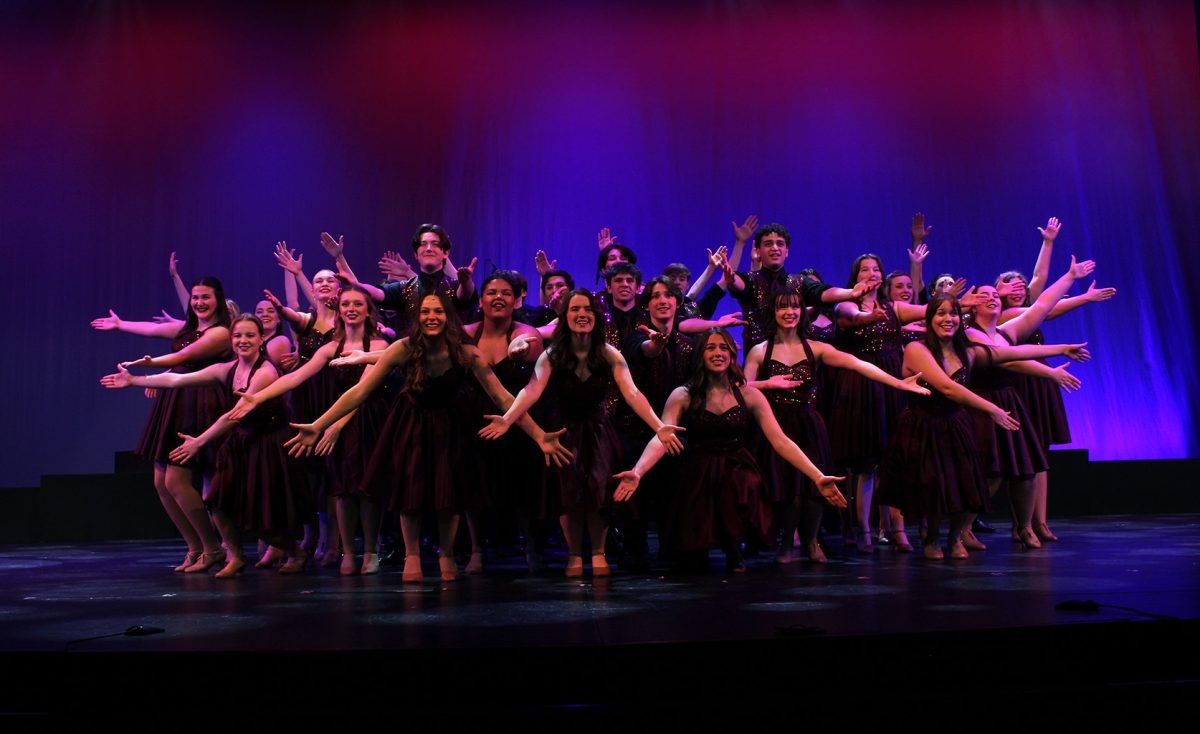Each school year, Advanced Placement classes work towards one common goal at the end of the spring semester: AP tests. Although most students dread them, they take these classes and tests in hopes of earning college credit. As of Monday, May 6, AP tests began for many students at Edmond Memorial High School. For those interested in receiving college credit like this, here are some AP classes and tests I have taken as a sophomore and junior, ranked by difficulty from what I believe is the easiest to the hardest.
AP Seminar:
AP Seminar is an elective that can benefit students interested in improving their research, writing and presentation skills. Although the 2023-2024 class had only 7 students, it was one of the electives I have enjoyed most in the three years I have been at Memorial. Next year, the class is excitingly expected to have a large number of students. Unfortunately, AP Seminar does not count as an English credit; however, I enjoyed it because I love writing. Personally, I consider it one of the easiest classes and AP tests.
Throughout the first semester and into the second, the class separated into groups for research projects, which included Individual Research Reports and an eight to 10-minute Team Media Presentation. Next, we did Individual Written Arguments and presented a six to eight-minute Individual Media Presentation. Finally, the two-hour timed assessment during the week of all other AP tests consisted of three short-answer questions and one miniature IWA. I was looking forward to this portion more than my other AP tests because our potential college credit is not relying on our skill set in one moment, but rather looking at multiple types of research, presentation and argumentation throughout the year.
Although some people who do not enjoy English as much as I do may feel differently about this course, I recommend AP seminar to everyone. It taught me how to find reliable sources for research, a great skill to have, and how to present in front of an audience without as much fear.
AP Language:
AP English Language and Composition, most commonly referred to as AP Language, is a junior English course that many students take. The class focuses on the elements of argumentation and composition, developing skills to assess sources/articles, understand rhetorical analysis and learn to argue an opinion based on sources provided, similar to IWAs in AP seminar. The class seemed somewhat easy to me, but English has always been my favorite subject. However, as long as you pay attention and do the work assigned, the class will prepare you well for the AP exam.
The test itself was not as difficult as others; the multiple-choice section was made up of 45 questions and we were given an hour to complete them. The free-response questions are made up of three essay prompts: synthesis, rhetorical analysis and argumentation. A nice thing to note is that you are allotted two hours and 15 minutes for all three prompts. A notice will be given to alert you when the “recommended” time for each prompt is up, but if you need to, you can spend more or less time on each prompt before moving on to the next one. Although three essays sounds like a lot to handle, it was not as difficult and stressful as I had originally thought. All of the class practices contributed to this the most.
APUSH:
AP United States History, or better known as APUSH, has previously been one of the hardest AP tests to pass, next to AP Physics. However, with some changes made in the grading rubric for AP readers, students this year are hopeful to have much higher chances of passing. The class itself is not very difficult, especially compared to AP World History. The units, more commonly mentioned as specific time spans of “periods,” are set in chronological order, which makes the most sense in helping students remember specific orders of events. However, AP history courses are not something you want to try to cram for the night before the test. Although it is extremely beneficial to review key events in each time period the night before, you do not want to try to learn new material.
The test itself is fairly straightforward, especially if you have taken another AP history test previously. It consists of 55 multiple-choice questions, three short answer questions, one document-based question and one long answer question. It is a long test with many writing tasks, but if you practice your writing skills throughout the year, you should be able to feel confident in what you write, and your hand will not be as sore as you think it will be.
AP World:
AP World History: Modern, generally referred to as AP World, is a sophomore history class. Although students can also take AP European History to receive their sophomore history credit, AP Euro was not available to students for the 2022-2023 school year, so I took AP World.
Compared to APUSH, I feel that AP world was much more difficult. Instead of having to remember specific events and details for one country, you have to remember specific events for most countries around the world, and how each country interacted and affected one another. Although it taught me skills that I still use today, and am very grateful to have, the class and AP test were both very stressful for me.
Similar to APUSH, the units are set in chronological order, but because we need to remember specific major events for countries all over the world, it is very overwhelming. Although the procedure is something that we practice all year, on the test we have no idea what unit, specific year, or location across the world we will need to remember at a moment’s notice. Although the class itself is not very difficult, because the classwork we are assigned is easy to do as we are learning about specific time periods and events, I consider this test to be one of the most difficult that I have taken. Especially as someone who is not a fan of history, AP world is not for the faint of heart.
AP Chemistry:
AP Chemistry is currently the most difficult class I have taken. Although I very much enjoyed and understood on-level chemistry, I did not feel the same about AP. As far as I understood, Intro to Advanced classes moved at a faster pace than on-level, but it immediately became clear to me that they were taught much more in IA than I learned in on-level. I would not recommend moving from on-level to AP chemistry unless a student has the time, and is willing, to prepare for AP over the summer.
Although we did not cover the units in the order that the College Board has set, the teacher, TJ Dortch, prepares us in whatever ways he thinks are best for us. After taking the AP test, I know that I am not very good at AP chemistry, but I feel that because Dortch has made the class difficult, we are up to the level we need to be for the AP test.
The class itself, though I am not one for all of the math we had to do, was enjoyable. My favorite parts tended to be the labs that we did in class together. I felt I learned the most when our lessons were tangible and hands-on. For anyone who took IA chemistry and enjoyed it, I would recommend AP chemistry as a challenging, but worthwhile, learning experience.
Generally, I would encourage taking AP classes and tests in high school. Not only do you have a chance to receive college credit, but it could save you thousands of dollars in the future. However, it is important that you research and ask your friends about the AP classes you are interested in to know what will best suit you.
Contact Esther Wood at ruffdraftemhs@edmondschools.net



